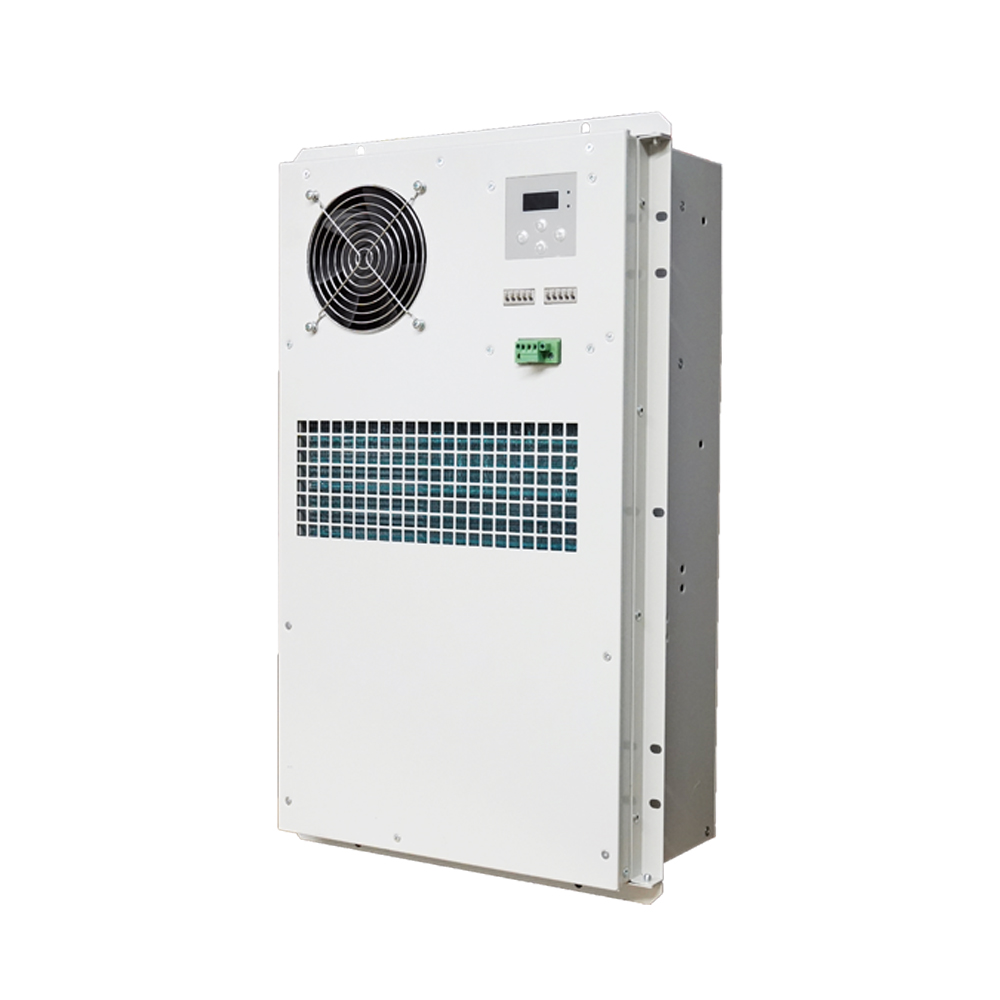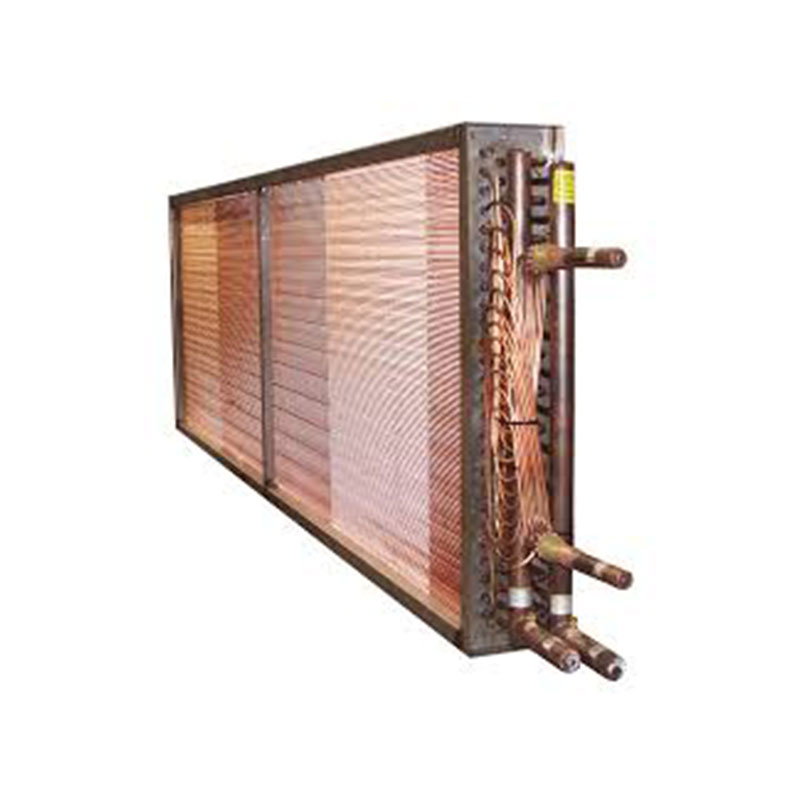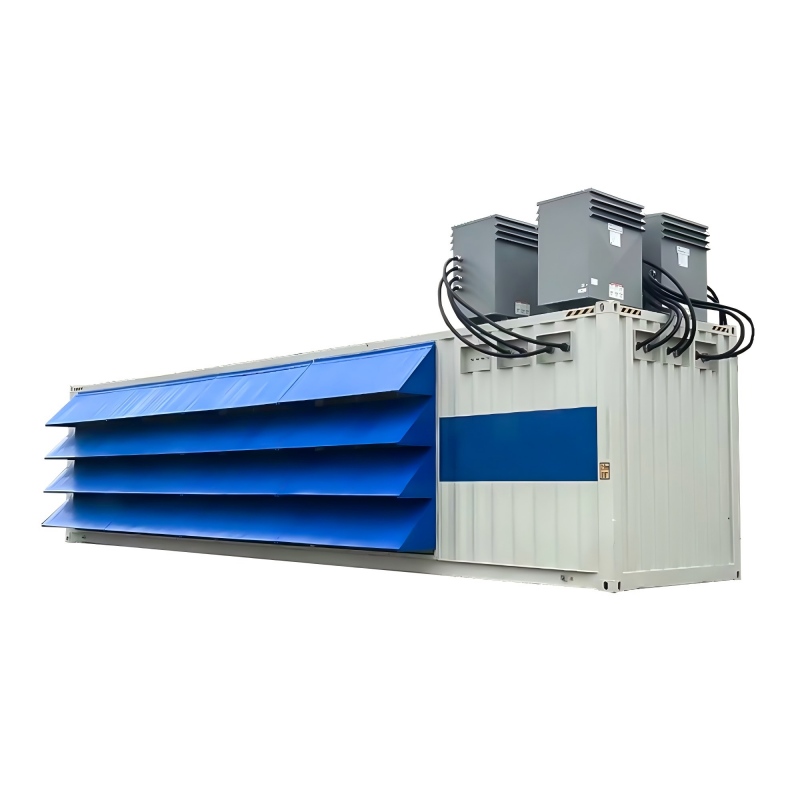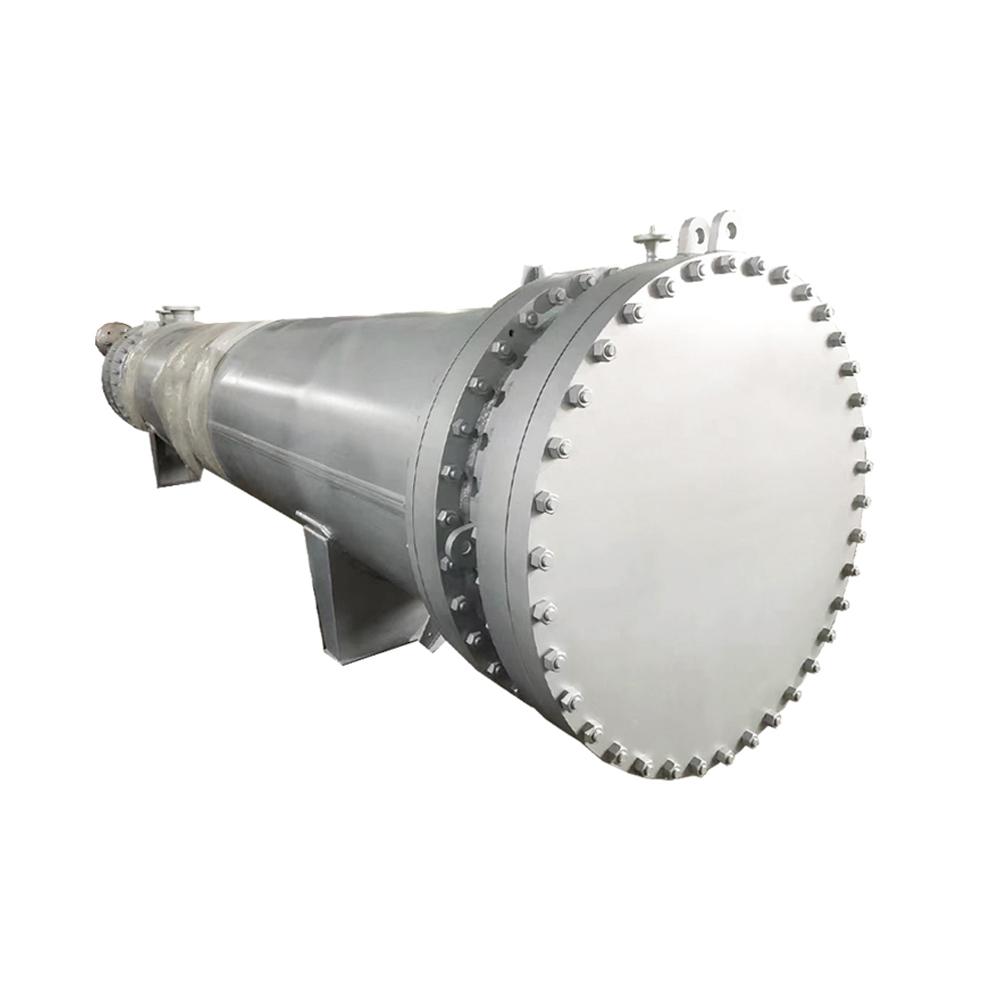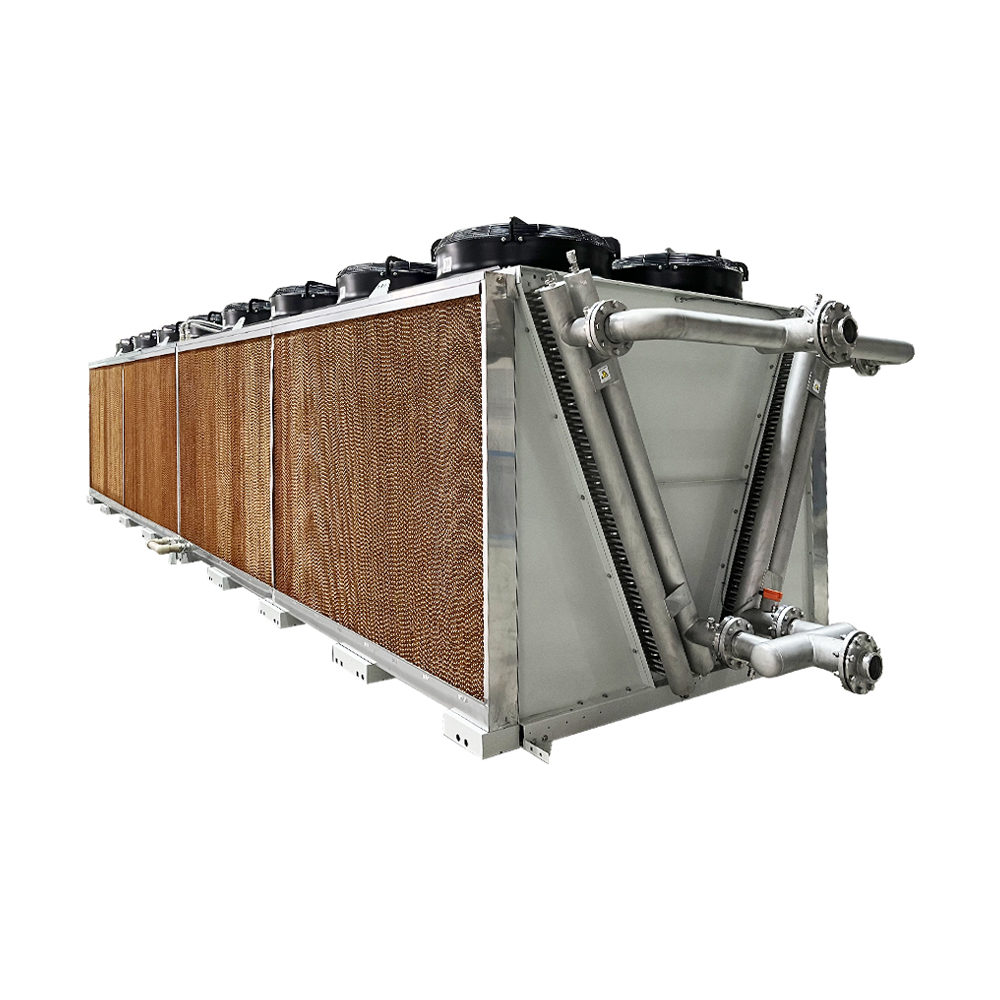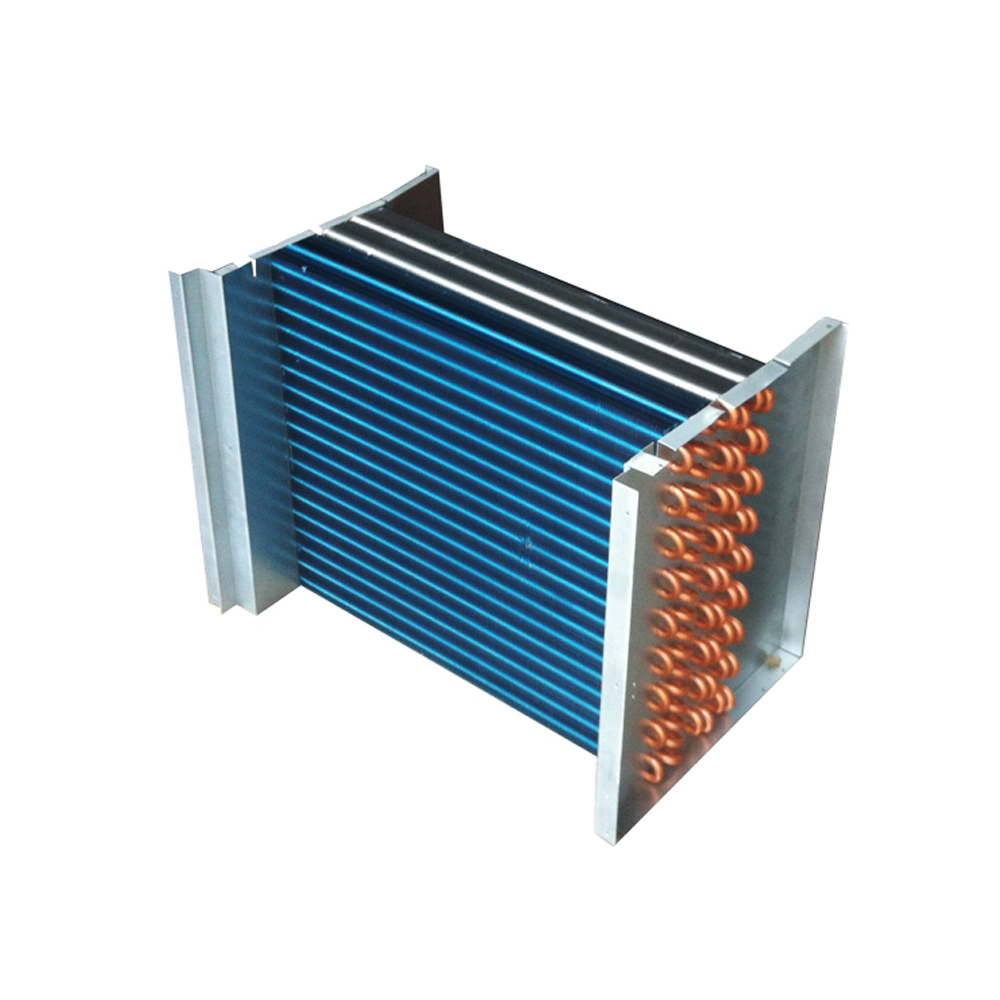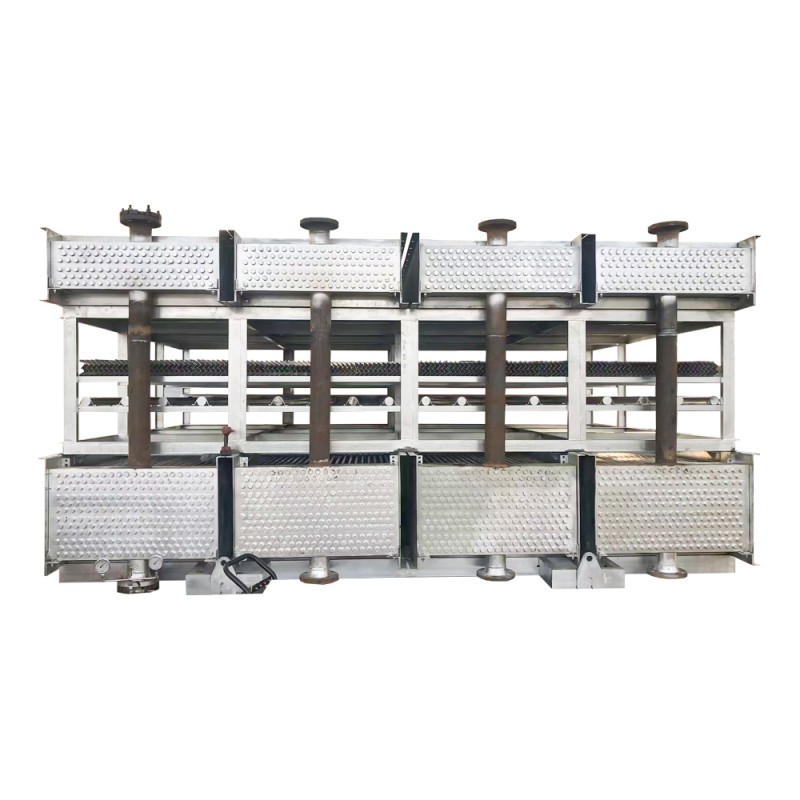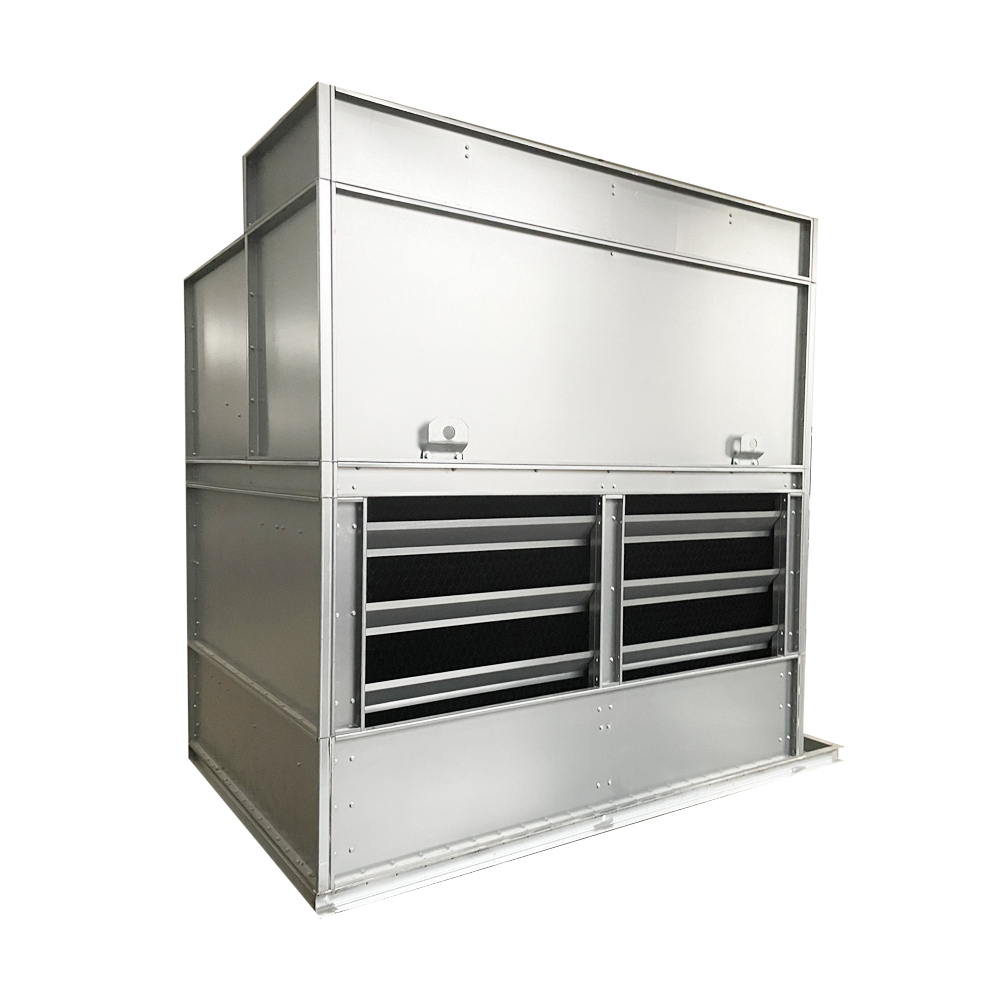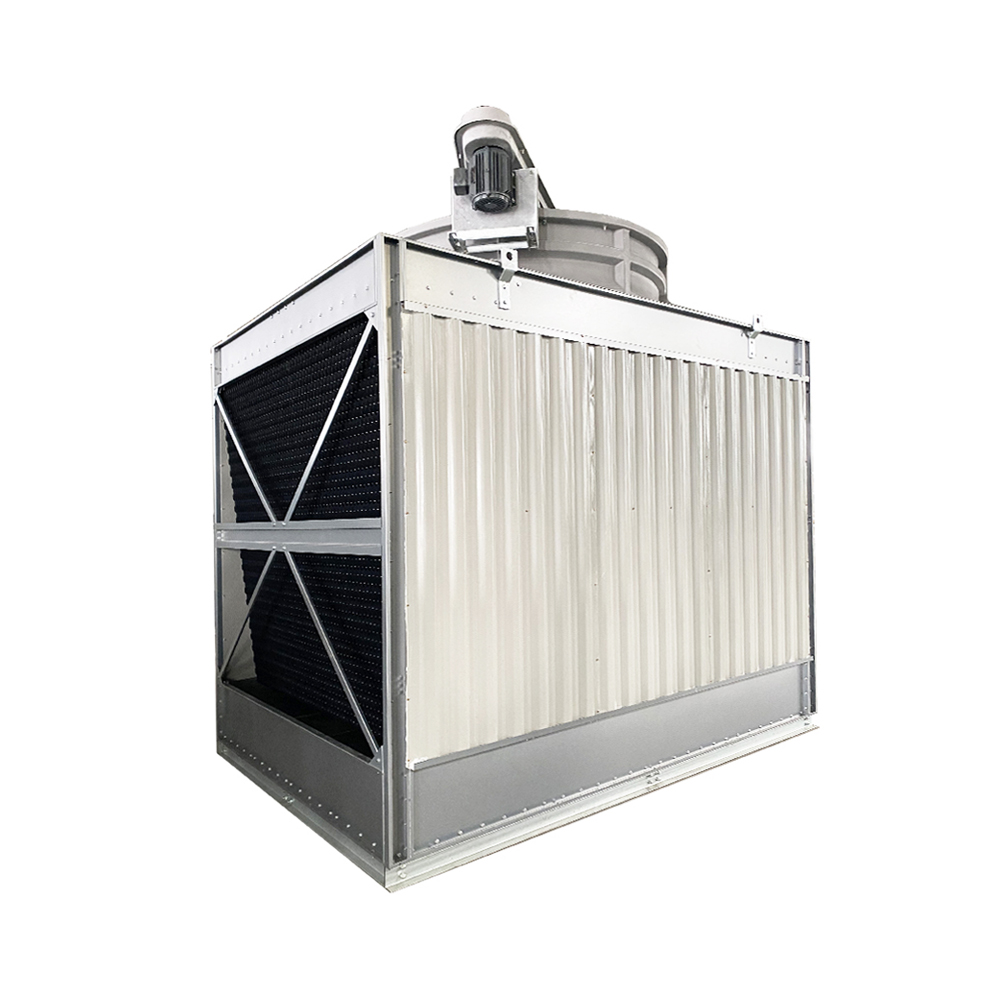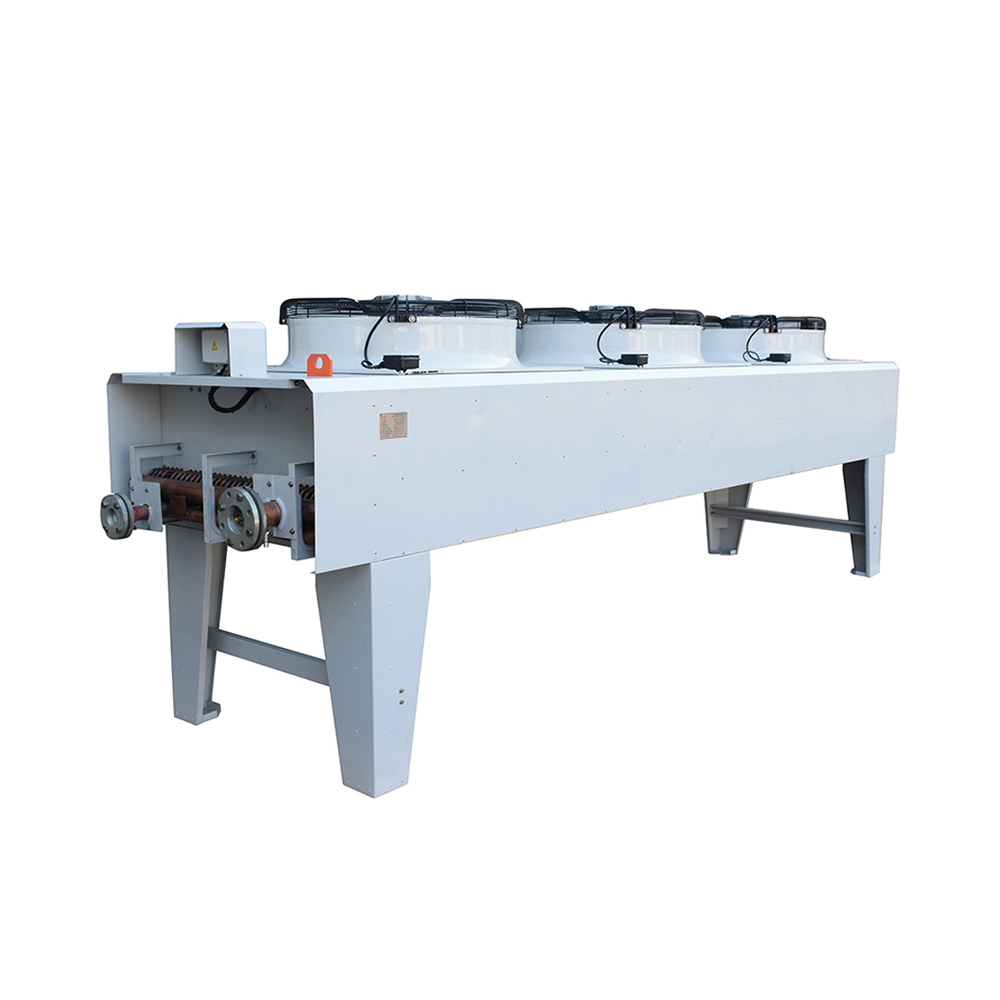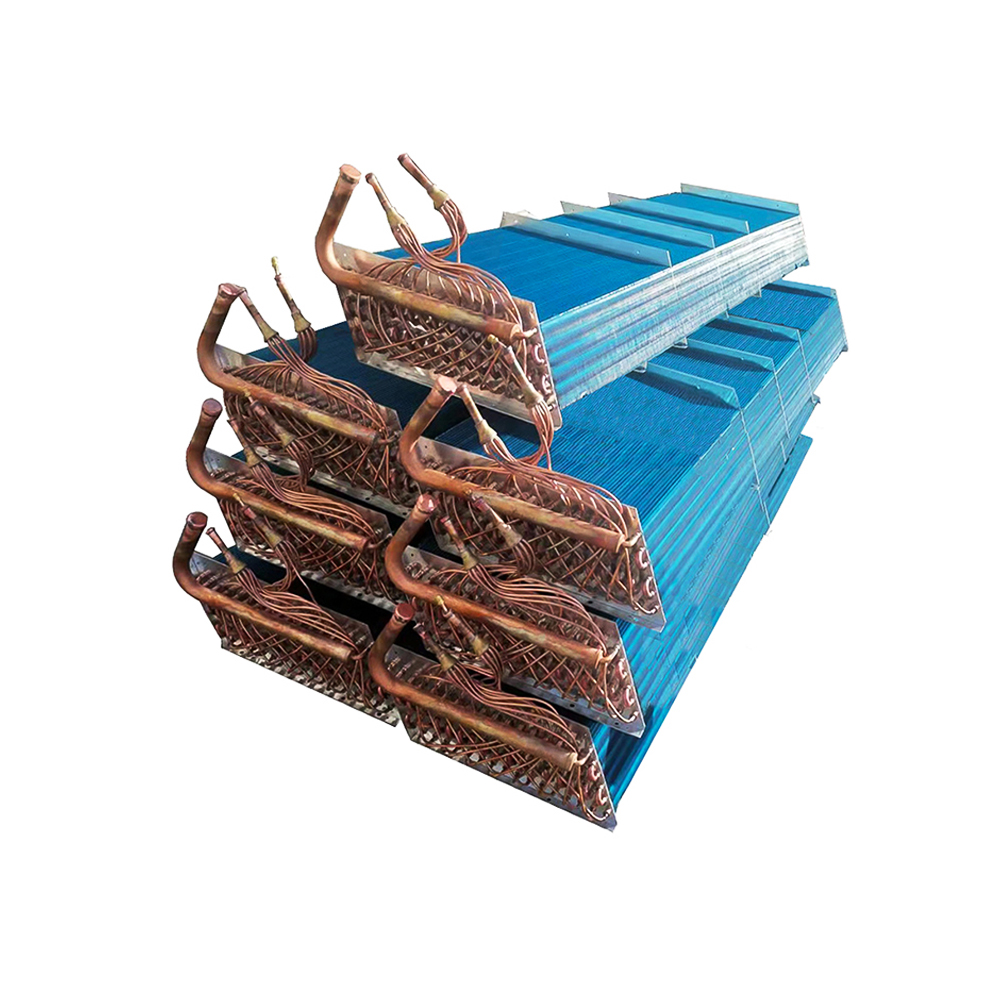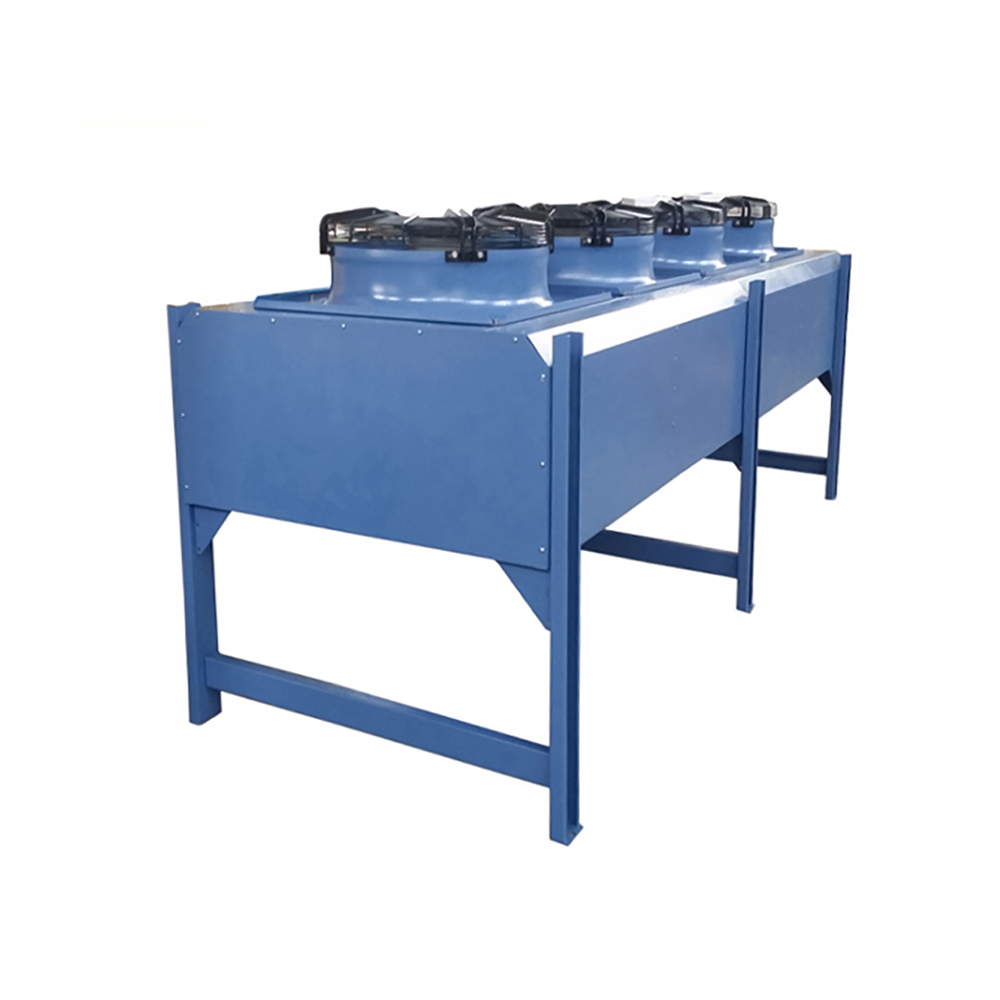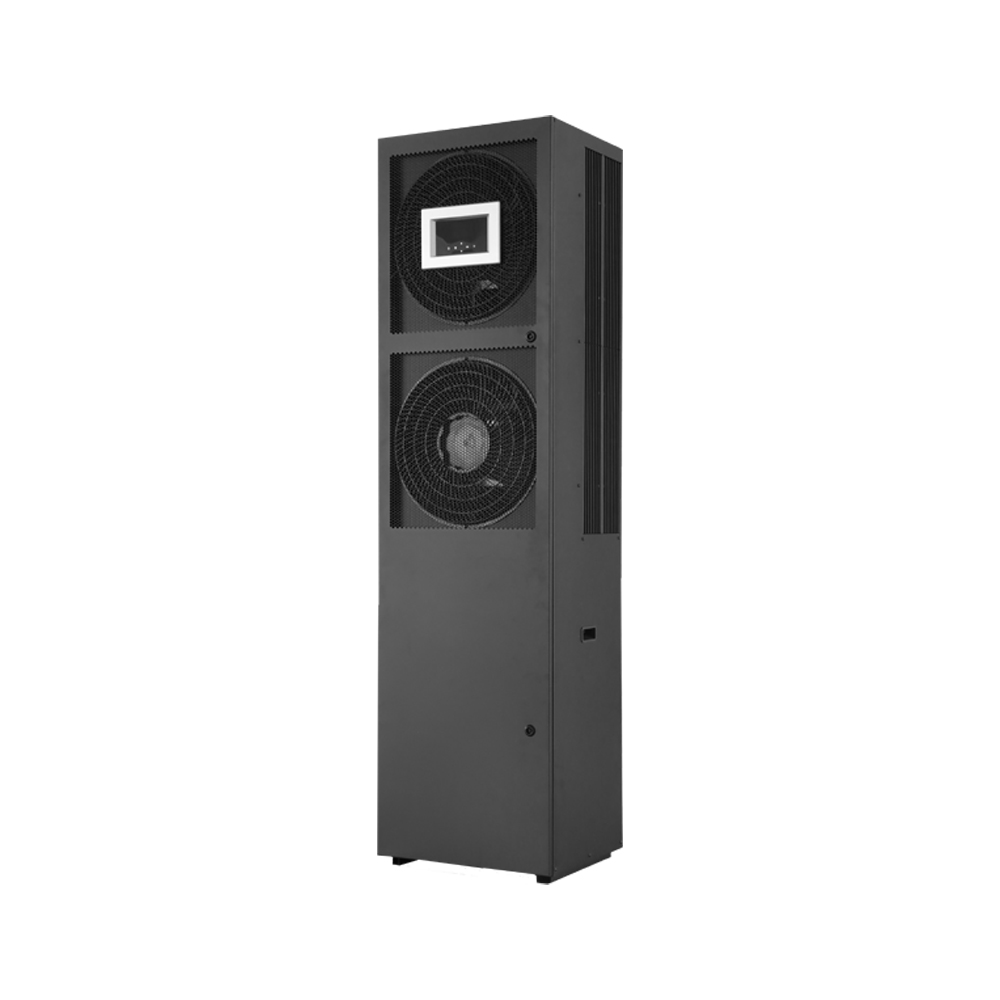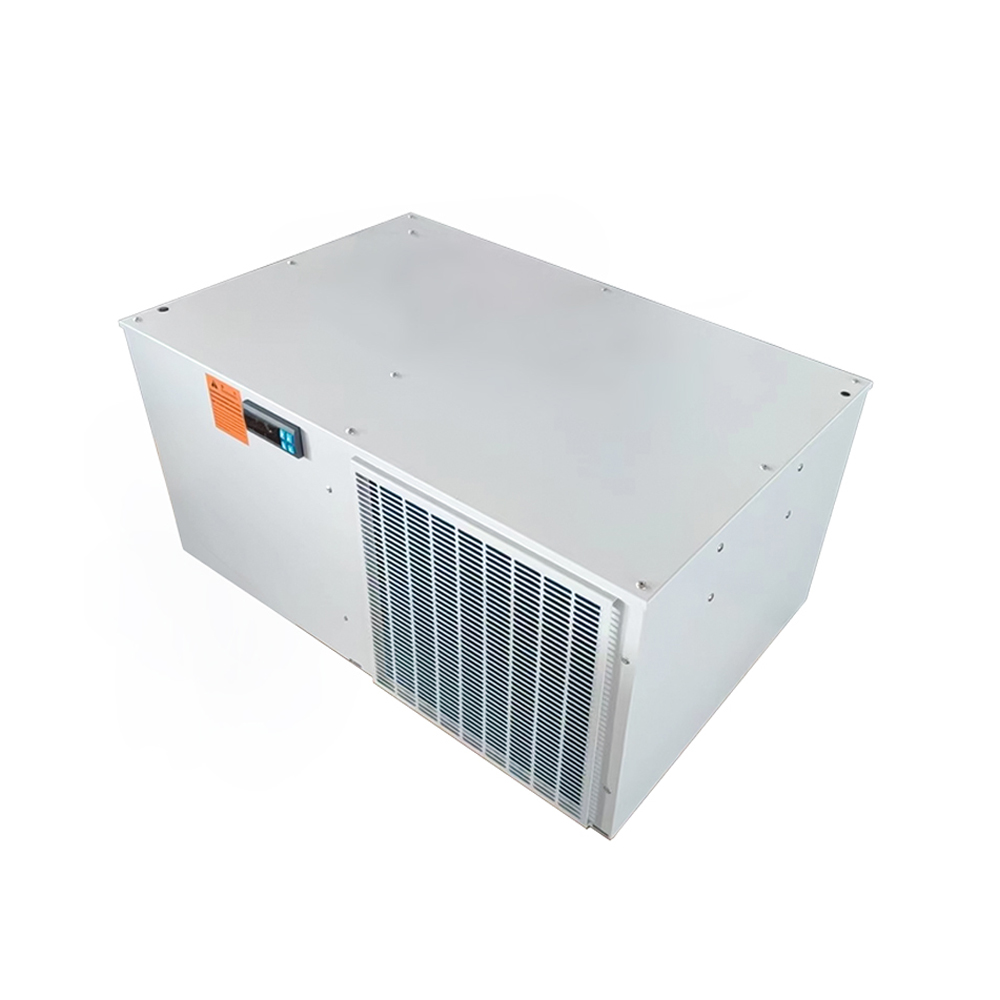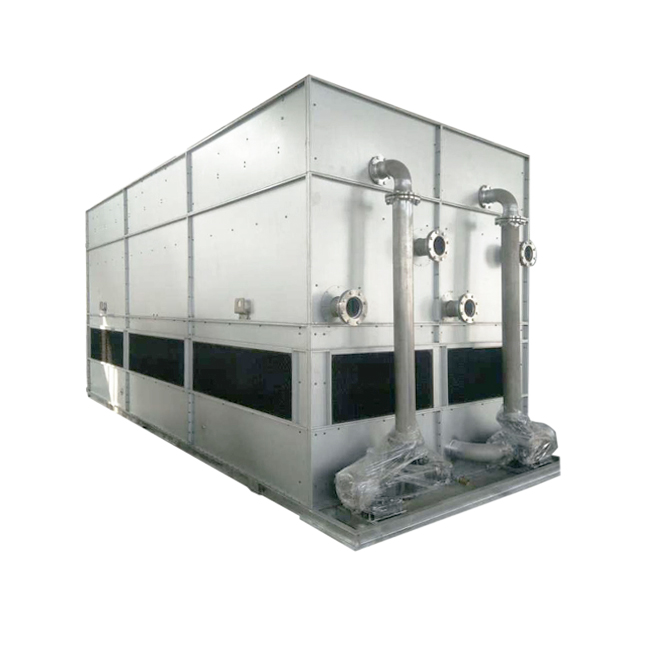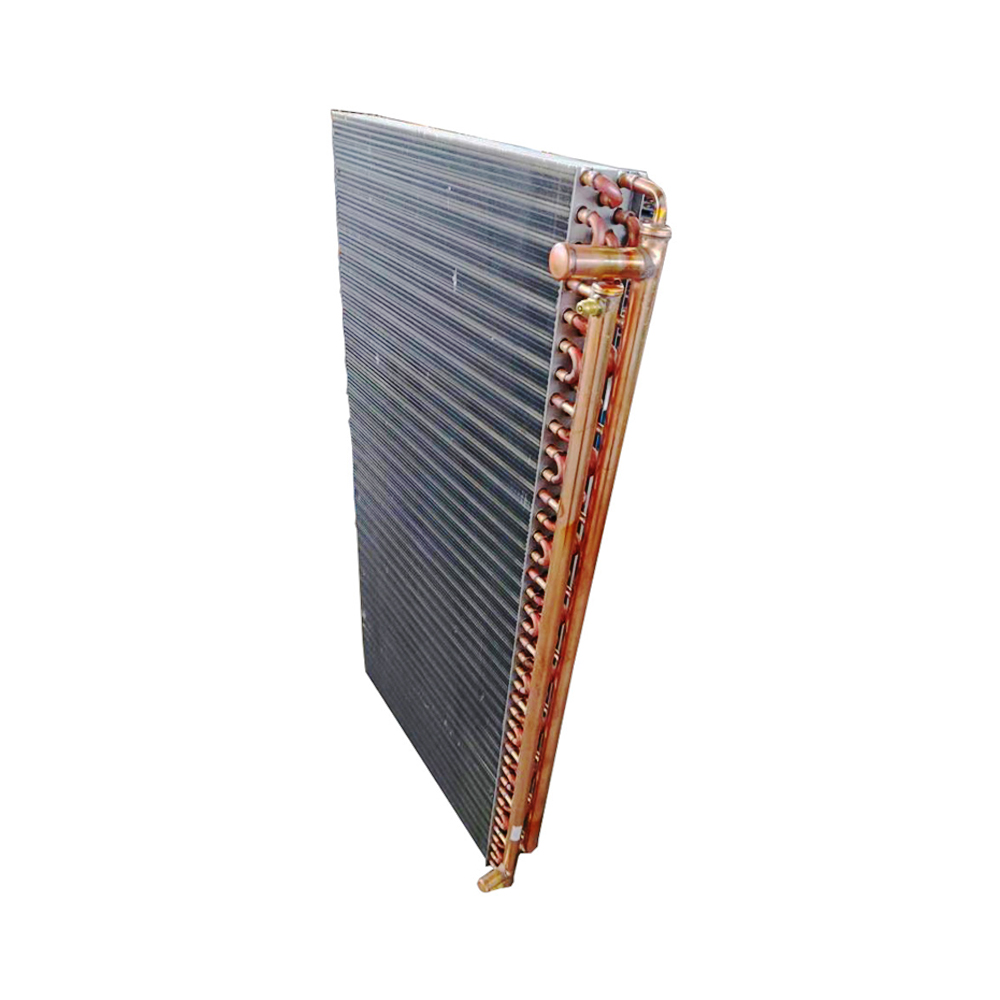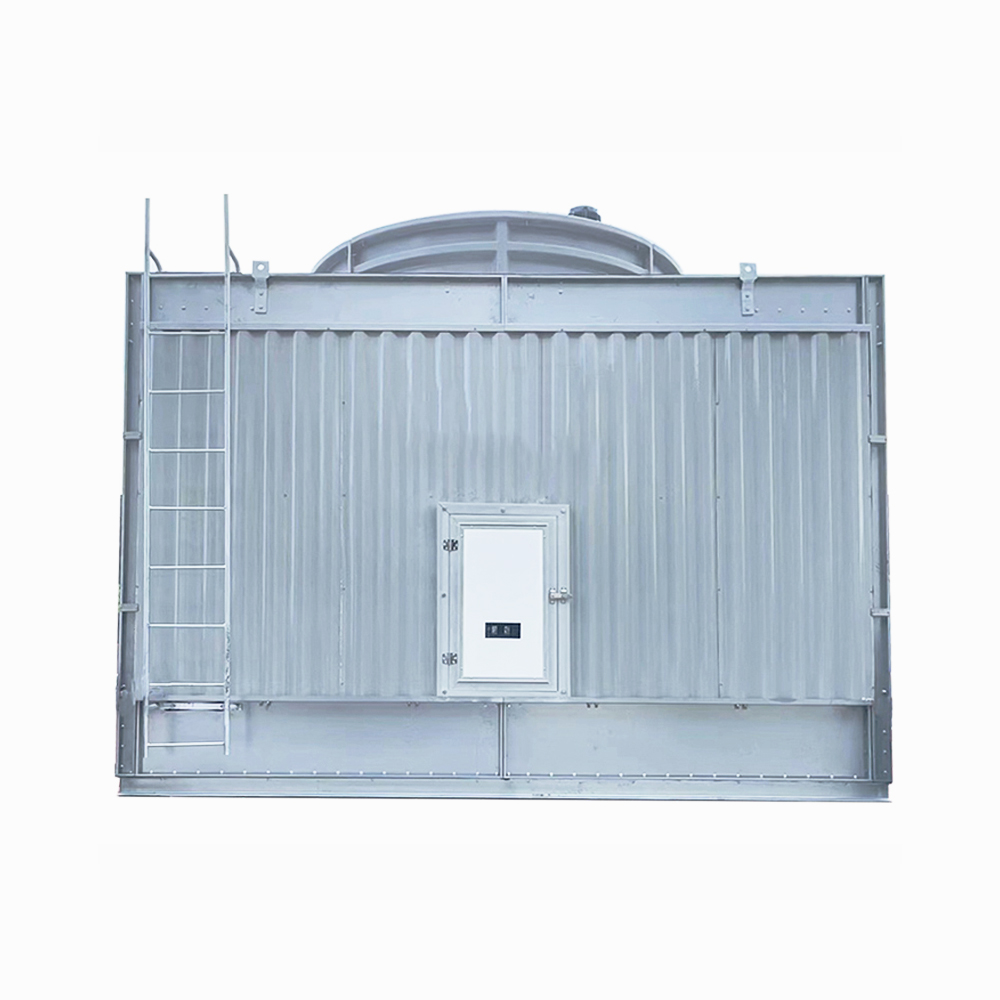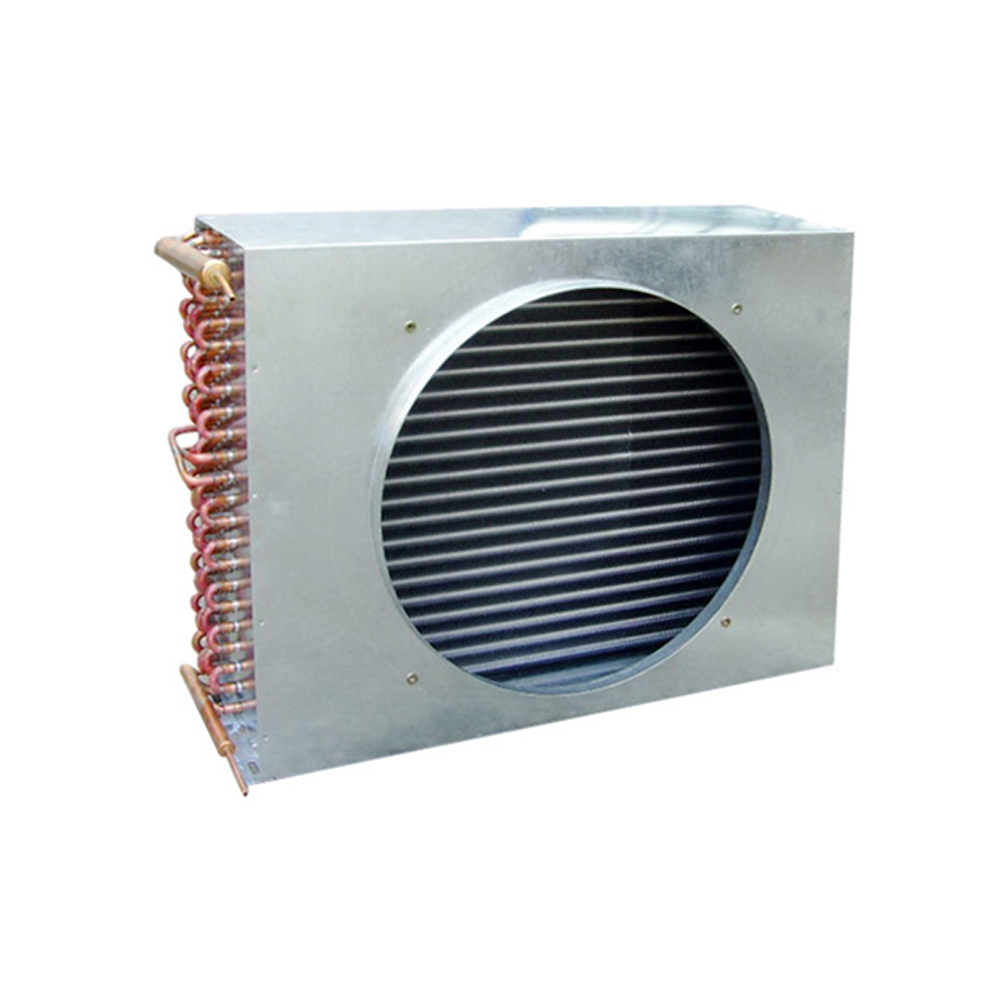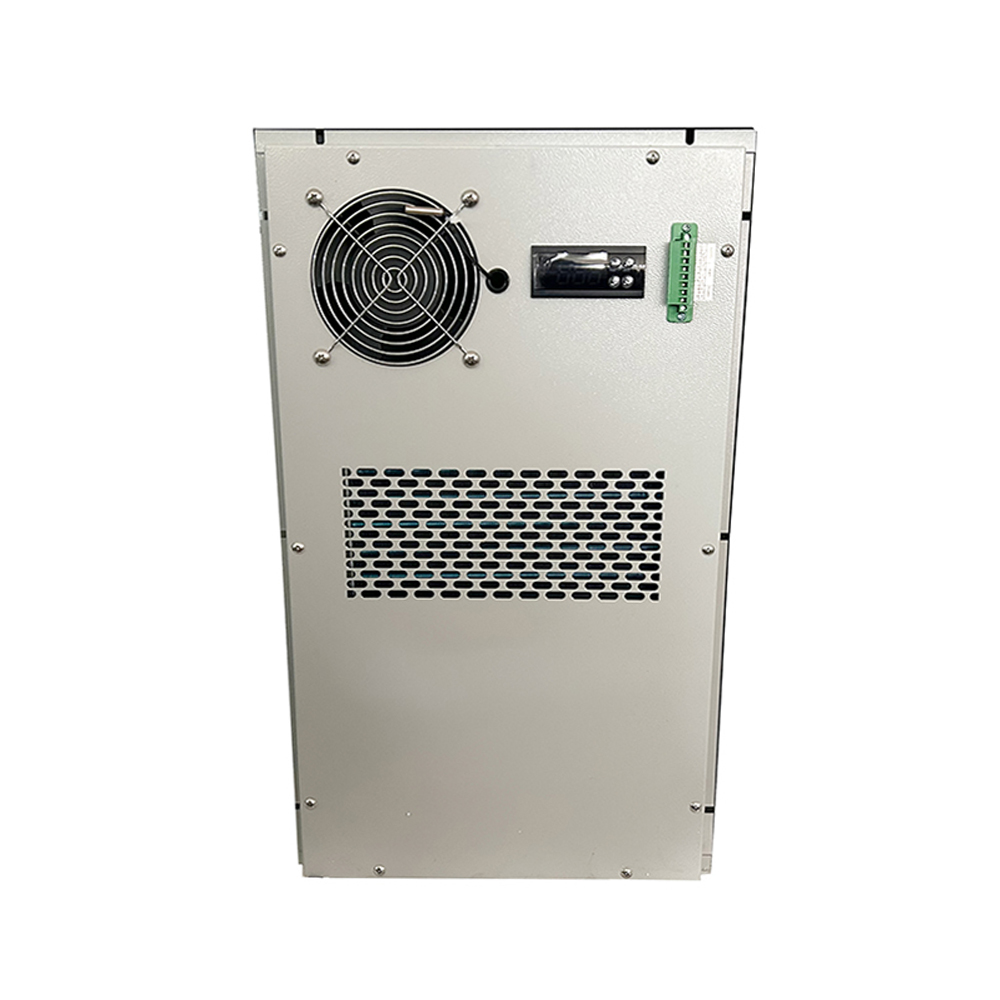Understanding Your AC Unit and Condenser: A Comprehensive GuideThis guide provides a detailed explanation of air conditioning units and condensers, covering their functions, components, maintenance, and troubleshooting. Learn how these essential parts work together to keep you cool, and discover valuable tips for maximizing efficiency and lifespan. We'll explore common issues and offer practical solutions to keep your system running smoothly.
How AC Units and Condensers Work Together
Your home's cooling system relies on a complex interplay between the indoor unit (evaporator) and the outdoor unit (condenser). The
ac unit and condenser work in tandem to transfer heat from inside your home to the outside environment. The process begins with refrigerant circulating within the system. The refrigerant absorbs heat from the indoor air as it evaporates, cooling your home. Then, it travels to the outdoor
condenser where the heat is released to the surrounding air through a process of condensation.
The Role of the Condenser
The condenser is the heart of your outdoor
ac unit and condenser system. Its primary function is to dissipate heat absorbed by the refrigerant. This happens through a process involving fans, coils, and refrigerant pressure changes. The hot refrigerant from the indoor unit enters the condenser, where it changes from a gas to a liquid, releasing heat in the process. The condenser fan then helps to expel this heat into the external environment. A poorly functioning condenser can lead to reduced cooling efficiency and increased energy consumption.
The Role of the AC Unit (Evaporator)
The indoor
ac unit, also known as the evaporator coil, is responsible for absorbing heat from your home's air. This happens as the refrigerant flows through the evaporator coil, absorbing heat and causing it to evaporate. The cooled air is then circulated throughout your home by the blower fan. Maintaining a clean evaporator coil is crucial for optimal performance. Dust and debris buildup can restrict airflow and hinder cooling capabilities.
Common Problems with Your AC Unit and Condenser
Several issues can impact the performance of your
ac unit and condenser. These range from minor inconveniences to major malfunctions requiring professional attention.
Refrigerant Leaks
A refrigerant leak can significantly impair cooling capacity. Refrigerant is essential for the heat transfer process, and its loss will result in decreased cooling and potential damage to the compressor. If you suspect a leak, contact a qualified HVAC technician immediately.
Dirty Condenser Coils
Accumulated dirt and debris on the condenser coils restrict airflow, reducing the condenser’s ability to release heat efficiently. Regular cleaning can greatly improve performance. You can clean the coils yourself using a garden hose, but for more extensive cleaning, consider professional service.
Frozen Evaporator Coils
A frozen evaporator coil is often caused by restricted airflow or insufficient refrigerant. This can damage the coil and compromise your
AC unit's performance. Addressing airflow issues and checking for refrigerant leaks are crucial for resolving this problem.
Maintenance Tips for Your AC Unit and Condenser
Regular maintenance can extend the lifespan of your
ac unit and condenser and improve its efficiency.
Regular Cleaning
Clean the condenser coils and evaporator coil at least once a year. This will help to maintain optimal airflow and cooling performance. Consider having a professional technician perform a thorough cleaning and inspection.
Annual Inspection
Schedule an annual inspection by a qualified HVAC technician. This professional check can identify potential issues before they become major problems, saving you money on repairs in the long run.
Replace Air Filters Regularly
Clogged air filters restrict airflow, reducing the efficiency of both the indoor and outdoor units. Changing the filter regularly ensures optimal airflow and prevents the build-up of dust and other debris.
Choosing the Right AC Unit and Condenser
Selecting the correct size
ac unit and condenser for your space is crucial for optimal performance and energy efficiency. A unit that’s too small will struggle to cool your home adequately, while a unit that’s too large will cycle on and off frequently, potentially leading to increased energy consumption and shorter lifespan. Consult with a qualified HVAC professional to determine the appropriate size for your needs. For high-quality, reliable cooling solutions, consider exploring the range of products offered by Shanghai SHENGLIN M&E Technology Co., Ltd. at
https://www.ShenglinCoolers.com/.
Troubleshooting Your AC Unit and Condenser
Before calling a professional, try some basic troubleshooting steps. Check the power supply, ensure the circuit breaker hasn't tripped, and examine the air filters for clogs. For more complex issues, consulting a qualified technician is recommended.
Conclusion
Understanding the intricate workings of your
ac unit and condenser is key to maintaining a comfortable home environment. By following these maintenance tips and addressing potential problems promptly, you can extend the life of your system and enjoy reliable, efficient cooling for years to come. Remember regular maintenance is key! Contact a qualified HVAC professional for any significant issues or for advice on selecting the right system for your needs. Consider exploring the innovative cooling solutions available at
https://www.ShenglinCoolers.com/ from Shanghai SHENGLIN M&E Technology Co., Ltd.









.jpg)
